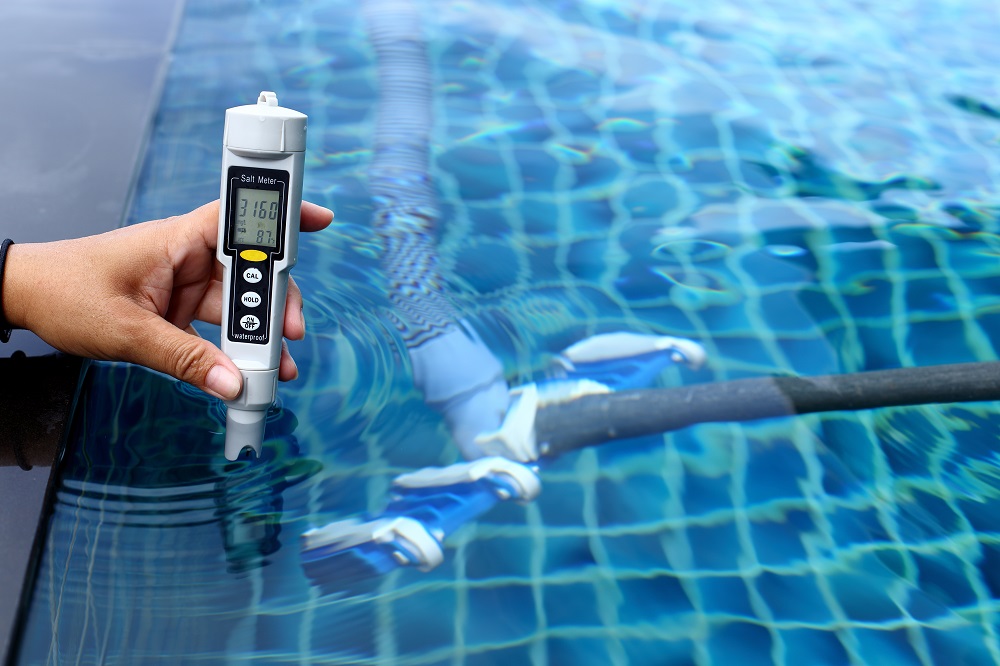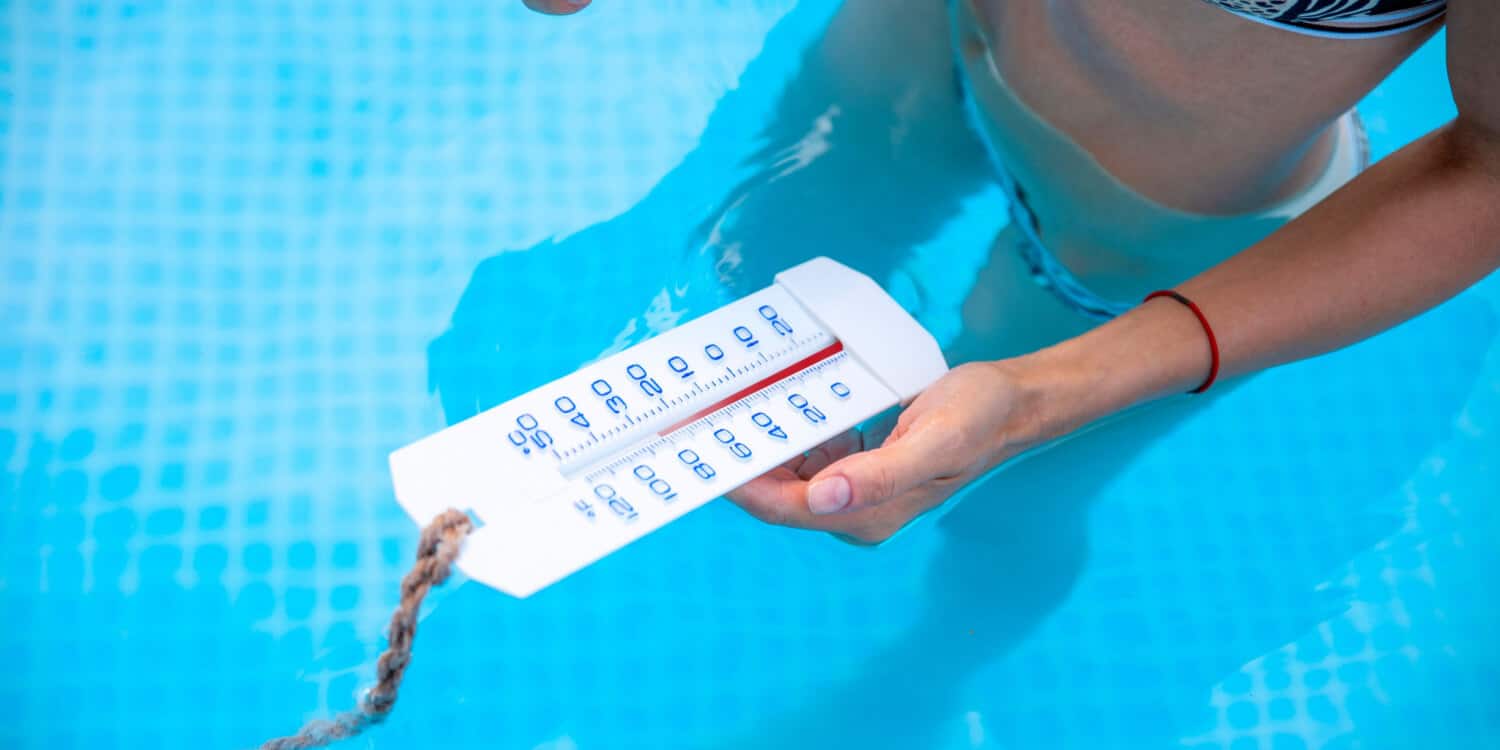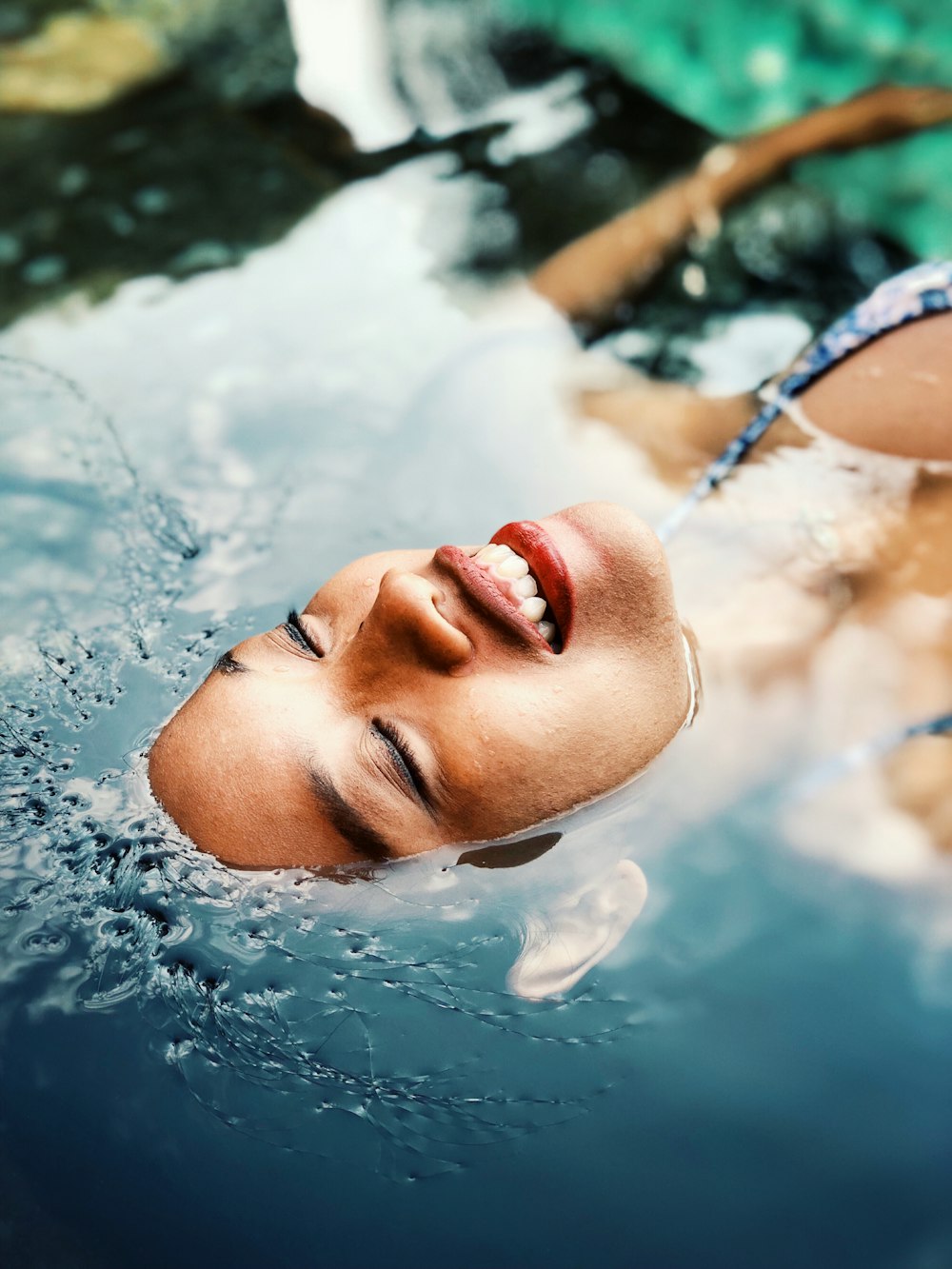Swimming is an excellent way to stay cool and refreshed even during the hottest days during the summer season. That said, it’s also crucial to maintain an ideal pool temperature for both comfort and energy efficiency. This might leave you wondering, what swimming pool temperature is most efficient and what factors should be considered when determining the best temperature for your swimming pool?
This will depend on many factors, such as what type of pool you have, your location, and personal preferences. In general, the recommended temperature for a pool ranges between 78 to 82 degrees Fahrenheit, which is 25.5 to 27.8 degrees Celsius. This range is considered comfortable for most swimmers, though some people may prefer their pool at a slightly cooler or warmer temperature. Let’s get into the details below!
What Swimming Pool Temperature is Most Efficient?
When determining what ideal temperature is best for your pool, look into these factors:
Location
The temperature of your pool is affected by its location. For instance, if your pool is located in an area where it gets a lot of sun exposure, then the warmer temperature would naturally be higher. But if you are located in a cooler climate or your pool is in a shadier area, then the general temperature stays lower.
Type of Pool
The type of pool may also affect your pool’s ideal temperature. For instance, a heated indoor pool can maintain higher temperatures compared to outdoor pools without a heater.
Personal Preference

Ultimately, the ideal pool temperature will depend on what you want. Some people may prefer cooler water for exercising and to cool off during hot days, while others prefer warmer waters for relaxation and to swim leisurely.
Water Chemistry
It’s crucial to maintain adequate water chemistry in your pool to make sure it stays safe for swimming. The pool temperature can affect the water’s chemical balance, so it’s crucial to monitor pH levels, adjusting them accordingly.
Solar Heating
If you want an energy-efficient way to heat your pool, try solar heating. Solar panels are installed on your roof or nearby area, capturing the sun’s energy, then used to heat your pool. It’s cost-effective and environmentally friendly.
Humidity Levels
Your pool’s temperature may also affect your area’s humidity levels. Warmer water may increase humidity levels, causing discomfort and health issues with swimmers. Reduce humidity levels with a dehumidifier or to increase ventilation around the area.
Time of Day
The pool temperature can also vary by the time of day. If you will swim during early mornings or late evenings, you might want to have warmer pool water to combat the cool temperatures. But if you will swim during the hottest time of the day, you will want cooler water to regulate your body temperature.
Pool Size and Shape
Your pool’s size and shape can affect your pool’s ideal temperature. Larger pools may require more energy to heat to the same temperature compared to smaller pools. Same with pools with complex shapes, which may require more energy to heat evenly.
Environmental Factors
The temperature of your pool can also be affected by environmental factors such as wind, rain, and cloud cover. Wind can cause heat loss through evaporation, while cloud cover can reduce the amount of sunlight reaching your pool, which can affect the temperature.
Personal Health Conditions
Do you or anyone in your family have a health condition affected by temperature? This can change your ideal pool temperature, then. You must consider health conditions such as multiple sclerosis, which can cause heat sensitivity. Or those with Raynaud’s disease may be sensitive to cold.
Swimming Activities
The temperature of your pool can also depend on the type of swimming activity you plan on doing. If you plan on doing water aerobics or other high-intensity exercises, you may prefer cooler water to help regulate your body temperature. If you plan on lounging or leisurely swimming, you may prefer warmer water for relaxation.
Seasonal changes
The ideal pool temperature can also change with the seasons. During the summer months, you may prefer cooler water to help regulate your body temperature in hot weather. In the winter months, you may prefer warmer water to help you relax and warm up after being outside in the cold.
How to Maintain Energy Efficiency
While it’s important to maintain a comfortable pool temperature, it’s also important to consider energy efficiency. Heating a swimming pool can be expensive, so it’s important to find a balance between comfort and energy use.
Here are a few tips for keeping your pool temperature at an efficient level:
- Use a pool cover: A pool cover can help to trap heat in the water and prevent evaporation, which can cause the pool to lose heat quickly.
- Invest in a high-efficiency pool heater: If you have a pool heater, consider upgrading to a high-efficiency model. These heaters use less energy to maintain the same temperature, which can save you money on energy bills.
- Turn down the temperature when not in use: If you’re not using your pool for an extended period of time, consider turning down the temperature to save energy.
Wrapping It Up

In conclusion, the ideal pool temperature will depend on several factors, including location, type of pool, and personal preference. The recommended temperature range is between 78 and 82 degrees Fahrenheit, but some swimmers may prefer cooler or warmer water. To maintain energy efficiency, consider using a pool cover, upgrading to a high-efficiency pool heater, and turning down the temperature when not in use. By finding the right balance between comfort and energy efficiency, you can enjoy your swimming pool while saving money on energy bills.
We hope we answered your question, “what swimming pool temperature is most efficient?” If you are now looking for a pool cover or enclosure to help maintain your pool’s temperature, contact us now to learn more about our offerings.


